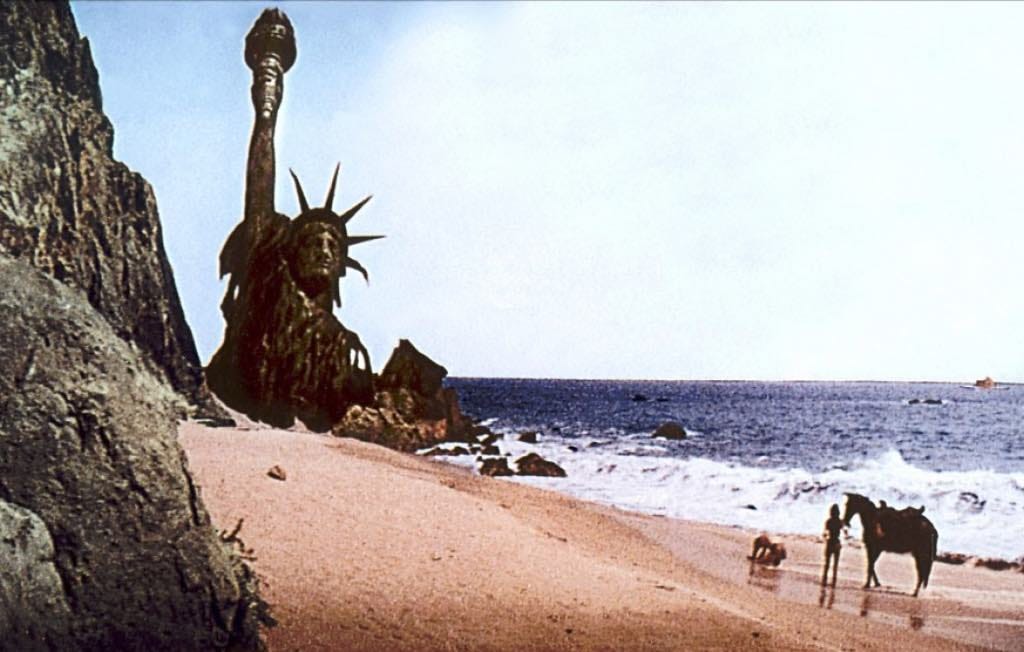The egg, the twist and the problem with short stories
Those who follow me for long enough might remember my flirtation with the Ray Bradbury Challenge, where I’d read one story, one essay, and one poem a day. Although I dropped the challenge once it grew to become tedious, the habit of reading more stories stuck. These days, it’s a mix of big names and fellow online writers. And while there’s occasionally a gem among the latter's output, many of the things from aspiring storytellers fall flat. The problem is usually not in the prose itself. It’s in the formula.
Every second short story tries to be Andy Weir’s The Egg. In other words, every second author is going for that “wooow” from the reader in the last three lines of the piece. The story only exists to deliver that final blow, that crescendo, that ellipsis. The set-up, like in a meandering Soviet joke, is only there to justify the twist. Some reveal the true nature of the characters (“they were aliens all along!”), others pull a Lost (“it was all a dream”) or some other trick from the big book of tropes. While some manage to do so in a clever way – where you actually want to re-read the piece with the reveal in mind and collect the breadcrumbs left for you, in many cases I feel taken for a ride.

I try my best to avoid this in my own writing, but the trap of a clever twist is always there. When I start writing a story in my head, I want to crack the code and get to the twist as soon as possible. The twist occupies my mind and every other element becomes just a means to the end.
If this is an illness, the pathogens causing it seem obvious and nearly impossible to avoid. Superbowl ads, standup routines, Cannes Lions awards, viral videos, pun-laden PR stunts, and even LinkedIn drivel. Every piece produced to amaze, surprise and sell. Every piece following the Made to Stick formula. I wonder if it's thanks to these influences that in the ocean of content, which at times resembles one giant garbage patch, short stories and flash fiction drift closer to those bite-size marketing pieces than to novels or plays - things we consider having artistic merit.
Andy Weir’s The Egg, which for some time I thought to be the epitome of a good short story, goes further than most twist-driven stories. The story is just the twist untangled bit by bit. The character wakes up and it’s the only real action. Everything else is just exposition.
It's not that a story needs action. But there's a sense of disappointment whenever I get to the end of a story like this. Even if the craft is there, the twist makes everything cheaper. Maybe tropes and twists are the guardrails from the absurd and the weird, from meandering and navel-gazing, from descriptive ennui and journaling masquerading as literature. The word graphomaniac comes to mind. It’s a derogatory term popular in Slavic and Baltic languages to shame amateur writers, who might not be that good. I suspect that most beginning writers (including me) fear being called a graphomaniac more than anything. Like The Sound sang:
Is it fear, Is it fear
That you feel inside of you?
Is it fear?
Shouting out just fear
You feel inside of you
Is it fear that you feel
When all eyes are on you?
Is it fear?
Surely not just fear you feel
When all eyes are on you
Being creative and being clever are not necessarily mutually exclusive, but one can get in the way of the other. And if I can easily conjure up the definition of ‘clever’ and distill it with some negative connotations, I can't fathom doing the same with 'creative'. Yet, there are countless blogs and courses on creativity and shelves of craft books. If you're doing something thousands of people are doing, following the same step-by-step instructions, are you still creative? Creativity coaches will probably say yes and I tend to agree. You need structure to build your story, and structures (that include cliffhangers and unexpected twists) are learned either by way of absorption or going through a fat stack of writing textbooks.
Going beyond structure, beyond tropes and beyond barriers is scary. A graphomaniac zombie might bite you and turn you into one of them if you venture too far. But what if you bite first and write something that will take readers on and not for a ride?

Member discussion